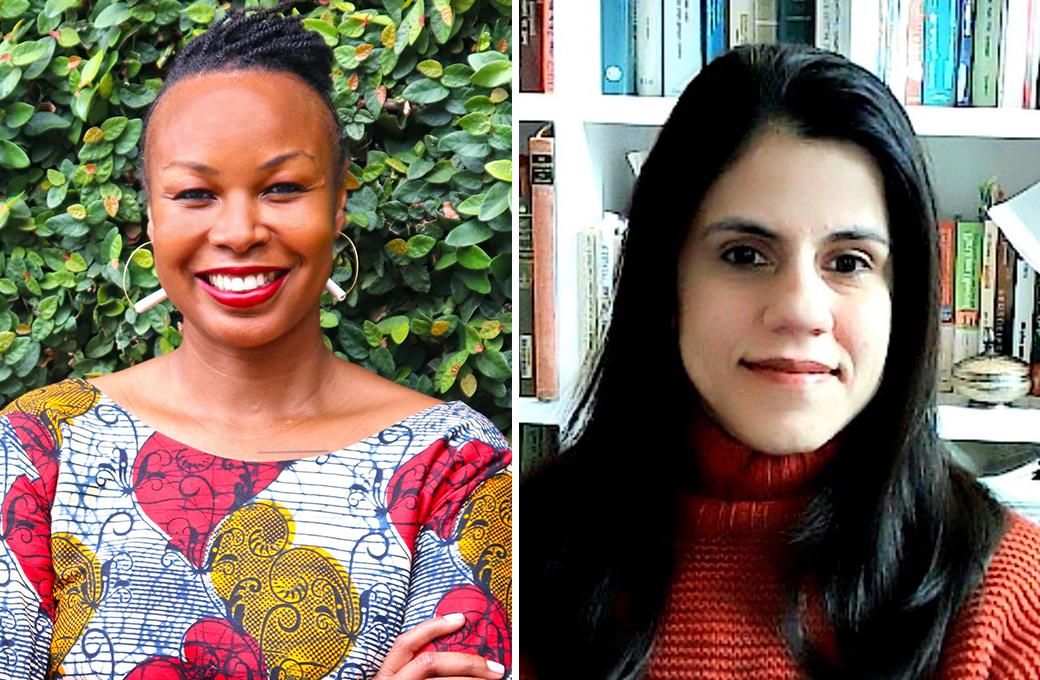
Research interests
South Asia, Sindh, Sindhis, British empire, partitions, refugees, refugee regimes, and citizenship
Uttara Shahani
Uttara Shahani is a historian. She has wide-ranging teaching and research interests in modern world history, the history of modern South Asia, the British Empire, migration, and refugees.
Uttara qualified as a lawyer before completing a PhD on Sindh and the partition of India and an ESRC-funded postdoctoral research fellowship at the Faculty of History, University of Cambridge. Prior to her appointment as a Departmental Lecturer, she was a postdoctoral researcher working with Dr Anne Irfan at the Refugee Studies Centre on the British Academy-funded research project Borders, Global Governance and the Refugee, examining the historical origins of the global refugee regime with a focus on South Asia and Palestine.
Her writing engages with Imperial History, the History of South Asia, Legal History, the History of Race, Refugee History, and the History of Migration.
Uttara teaches courses on postcolonial borders and forced migration, as well as research methods. In 2025, she was awarded a Teaching Excellence Award by the Social Sciences Division for her contributions to the MSc in Refugee and Forced Migration Studies.
She is an Associate Fellow of the Higher Education Academy.
Uttara teaches on the postcolonial borders and forced migration and research methods courses for the MSc in Refugee and Forced Migration Studies.
-
Journal articles and special issues( ) Bonded citizenship: Caste, Partition, and the prevention of exit . Modern Asian Studies( ) Following Richard Burton: Religious Identity and Difference in Colonial Sindh . Philological Encounters
-
Chapters( ) Analysing archives to write migration histories In William Allen and Carlos Vargas-Silva, Handbook of Research Methods in Migration , Edward Elgar Publishing, 116-135
-
Other publications( ) Refugee Legal Challenges to the Bombay Government's Land Requisition Housing Scheme . Economic and Political Weekly 73-79



